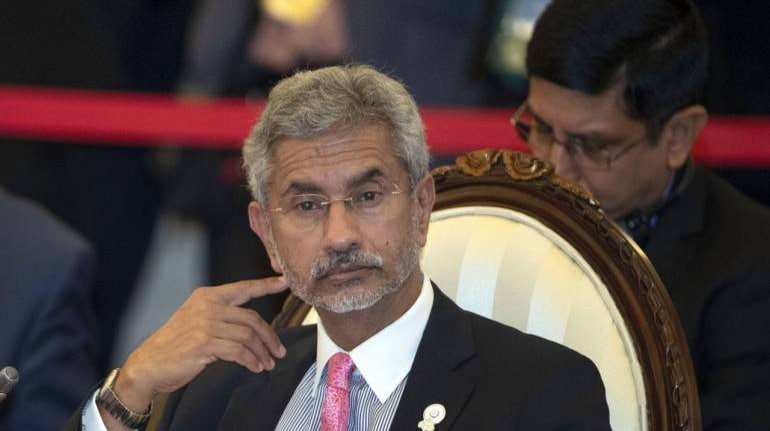
It’s very rare for an external affairs minister to deliver a speech which is intellectually stimulating and forces us to think beyond clichés. It is difficult to think of any speech by a former external affairs minister or Prime Minister (since foreign policy has traditionally been the PM’s domain), that is conceptually as granular and politically as candid as the one recently delivered by External Affairs Minister S Jaishankar during a memorial lecture in New Delhi on the theme ‘Beyond the Delhi Dogma: Indian foreign policy in a changing world’.
Declaring that “the real obstacle to the rise of India is not anymore the barriers of the world, but the dogmas of Delhi”, his speech provided “an unsentimental audit of Indian foreign policy.” Jaishankar argued that “a nation that has the aspiration to become a leading power someday cannot continue with unsettled borders, an un-integrated region and under-exploited opportunities. Above all, it cannot be dogmatic in approaching a visibly changing world order.”
In many ways, Jaishankar’s speech has become the central document through which Indian foreign policy will be assessed in the coming years. His conceptualisation of the various phases of foreign policy and his critique of policymaking will reverberate through the corridors of polity. For a strategic community that continues to tell the world about the consistency in Indian foreign policy and how effective that has been in the pursuit of Indian interests, Jaishankar’s speech stands as a profound corrective. When he says that “the balance sheet for India’s foreign policy after seven decades presents a mixed picture,” he is underlining the fact that consistency can be overrated in foreign policy.
His assessment of the changing global environment is apt and its impact on Indian foreign policy is already visible. But while Jaishankar dissects the challenges for diplomacy in a candid and sophisticated manner, there still seems an inherent reluctance to fully follow through the logic of his own arguments. In some ways it is understandable. For a good politician, it is imperative to recognise the political challenges and constraints in shaping a policy response.
Therefore, perhaps Jaishankar’s assessment of India’s discomfort with hard power and the need for greater realism in policy is followed up by a call to engaging multiple players so as to maximise options and expand space. This leads him to conclude that while “hedging is a delicate exercise…” it remains an imperative for Indian foreign policy in a multi-polar world. He acknowledges the inherent contradictions in India’s engagements in multiple groupings or with multiple actors but he doesn’t underline fully the costs of this approach which is in his own words “a challenge for practitioners and analysts alike.” It is true that in this era of extremely global fluidity, all nations are engaged in diplomatic promiscuity.
India’s regional balance of power is evolving dramatically and largely in a direction which doesn’t support Indian interests. A rising China is challenging India in ways that is unlikely to be managed by merely hedging, especially as the balance of power between the two Asian giants is not likely to be in India’s favour for the next decade or more. The question for New Delhi really is what’s the most efficacious way of bringing its ends and means into balance to manage China’s rise?
Despite this caution, Jaishankar has managed to convey a seriousness of purpose in his speech which has been lacking in official Indian pronouncements. He could do this as well as question key policy decisions of the past primarily because of the political shift in India with the ascendance of the Centre-Right.
Indian foreign policy is changing and will continue to evolve not only because the global environment is changing more rapidly than ever, but also because India is changing. It is this changing India that made it possible for Jaishankar to deliver the kind of speech he delivered and it is this changing India which will force our policymakers to shed ‘the dogmas of Delhi’.
While traditionalists in the foreign policy establishment will find much to critique in Jaishankar’s outlook, an honest debate on Indian foreign policy priorities and its past successes and failures is long overdue. Better late than never!
Harsh V Pant is director, Studies at Observer Research Foundation, New Delhi and professor of international relations, King’s College London. Views are personal.
Discover the latest business news, Sensex, and Nifty updates. Obtain Personal Finance insights, tax queries, and expert opinions on Moneycontrol or download the Moneycontrol App to stay updated!